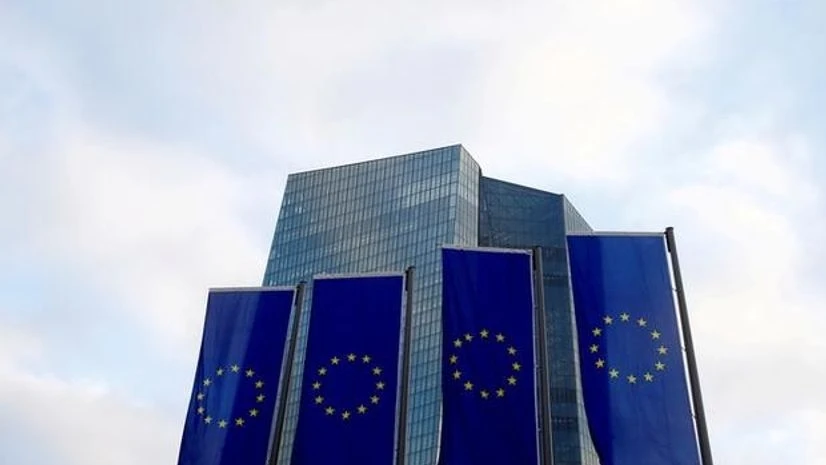An attempted merger between the German and British stock exchanges was struck down by European regulators on Wednesday, formally ending a deal that unravelled in the wake of Britain's vote to leave the European Union.
"We could not approve this merger on the terms ... proposed," said European Competition Commissioner Margrethe Vestager, blocking the 29 billion-euro ($31 billion) deal to combine Deutsche Boerse and the London Stock Exchange.
A merger would have created Europe's biggest stock exchange. But the European Commission objected, saying the deal, which was the pair's fifth attempt to combine, would have resulted in a monopoly in the processing of bond trades.
Selling MTS, the LSE's Italian fixed income trading platform, would have removed the Commission's concerns but LSE declined to do so.
"How exactly these markets work and the products traded can seem like rocket science," said Vestager. "But actually our competition concerns with this merger are very simple."
"In some markets Deutsche Börse and London Stock Exchange both provide the same services. And in some of these markets they are essentially the only players and the merger would therefore have led to a de facto monopoly."
More From This Section
The EU rejection comes on the day the British government started proceedings for leaving the European Union, a move which industry sources have said undermined the merger plans.
The Brexit decision had prompted German politicians to demand that the headquarters of the exchange group move from London to Frankfurt, creating a conflict that caused the deal to unravel.
Further complicating the picture, German police and prosecutors had opened an investigation into possible insider trading by Deutsche Boerse Chief Executive Carsten Kengeter, the man who was set to lead the combined group.
"It is always the same," said one Deutsche Boerse manager, commenting on the long saga of the two exchanges trying to join together. "Attempt to merge. Fall on your face. Save up money. Next merger attempt. Fall on your face," he said.
While Wednesday's announcement marks the official end of the deal, there was already no hope left that it would go ahead after the LSE took the unusual step last month of saying it would not accede to EU demands that MTS had to be sold if the deal was to be approved.
Shares in the LSE were up 2 per cent at 3,085 pence by 11.30 GMT on Wednesday, after it announced a share buyback, while shares in Deutsche Boerse were up 1.7 per cent at 83.23 euros.
Power struggle
The proposed merger threw a spotlight on clearing, whereby stock, bond and derivatives trades are completed, even if one side of the deal goes bust.
The LSE's clearing arm, LCH, is one of the world's biggest, and the exchange had agreed to sell its LCH's Paris arm to French bourse Euronext if the merger went ahead. That sale will now not happen, the LSE said.
This presents a problem for Euronext, which had opposed the tie up of London and Frankfurt, because it uses LCH in Paris to clear its own share trades under a deal that expires next year.
Euronext Chief Executive Stephane Boujnah said on Wednesday that it was still willing to buy the business.
"But in the absence of obtaining an agreement, Euronext is fully committed to securing the best long-term solution for its post-trade activities," Boujnah said.
LCH in London dominates the clearing of euro-denominated derivatives, an activity some EU policymakers want shifted to the euro zone to come under the supervision of the European Central Bank because Britain is leaving the EU.
The bourse merger could have helped by shifting euro clearing to Deutsche Boerse's Eurex arm in Frankfurt. The collapse of the deal may now prompt the European Union to take action to engineer such a shift.

)
